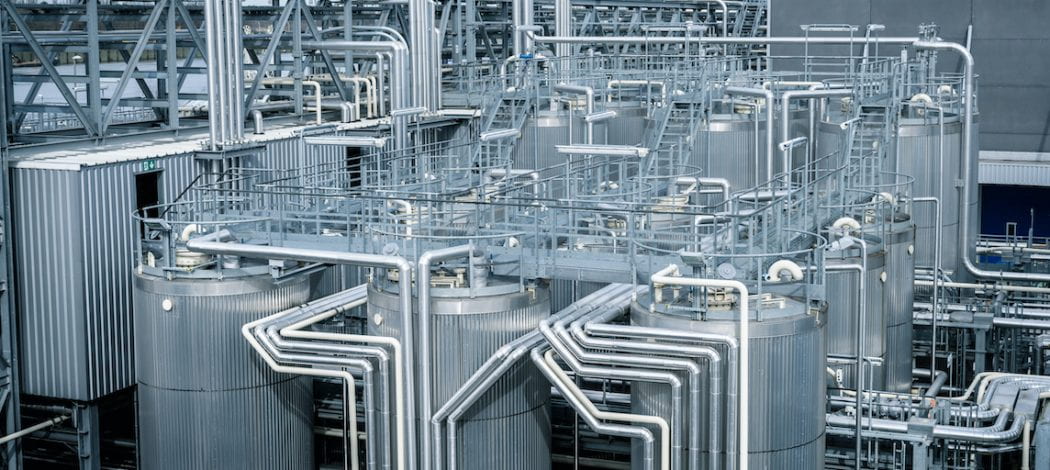
Available Joint-PhD project in Jülich-University of Melbourne Postgraduate Academy
In-situ and in-silico investigations of hydrogen-induced deformation localisation
Details click here
Advancements in technology are enabled by materials that allow safe and efficient performance, ranging from turbines in airplanes and powerplants, to oil and gas pipelines and more lightweight transport materials that allow the reduction of carbon emissions. Engineering alloys are an enabler in our efforts for improved efficiency in the energy and transport sector, and the goal of net-zero emission. With the coming of the hydrogen economy, the safety of this energy infrastructure is in question and the reliable performance of engineering alloys needs to be (re)assessed efficiently and to be confirmed.
At the University of Melbourne, one PhD project will combine modelling expertise and modern data science to tackle the effect of hydrogen on materials failure. At the Forschungszentrum Jülich, another PhD project will develop and apply new micromechanical testing methods to quantify the effect of hydrogen on the properties of materials and failure and observe the changes in a material. These projects will have an experimental and simulation counterpart, working on the same material and at the same length scale, and they will collaborate to combine the insights gained from the simulations with the experimental findings, to accelerate understanding in this area.